Here are some ways you can stay hydrated if you just can’t get yourself to drink lots of plain this Ramadan.
1. Watermelon
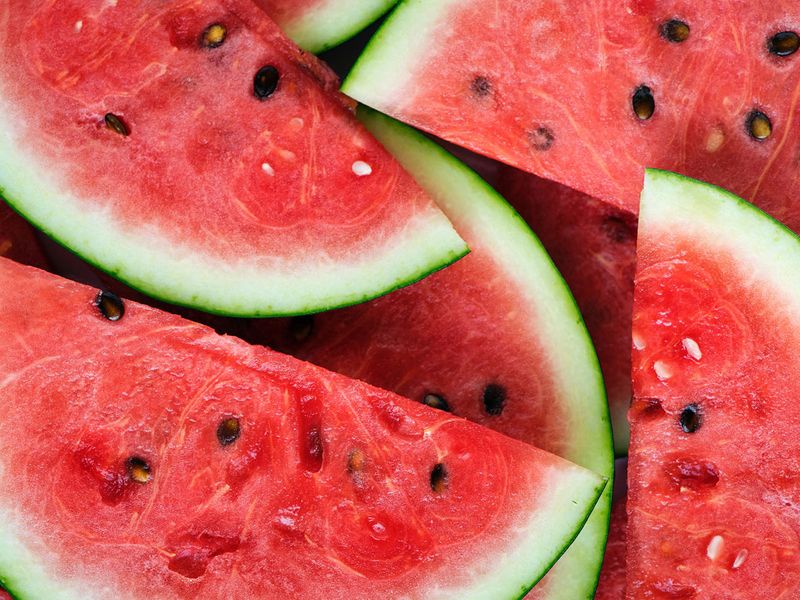
A watermelon is made up of 92 per cent water, and 8 per cent fruit. The fluids that are found in the watermelon include salt, calcium and magnesium, which are perfect components to re-hydrate the body after a long day. Pair watermelon cubes with some sharp feta cheese and a sprig of mint for a more exciting dish.
2. Soup
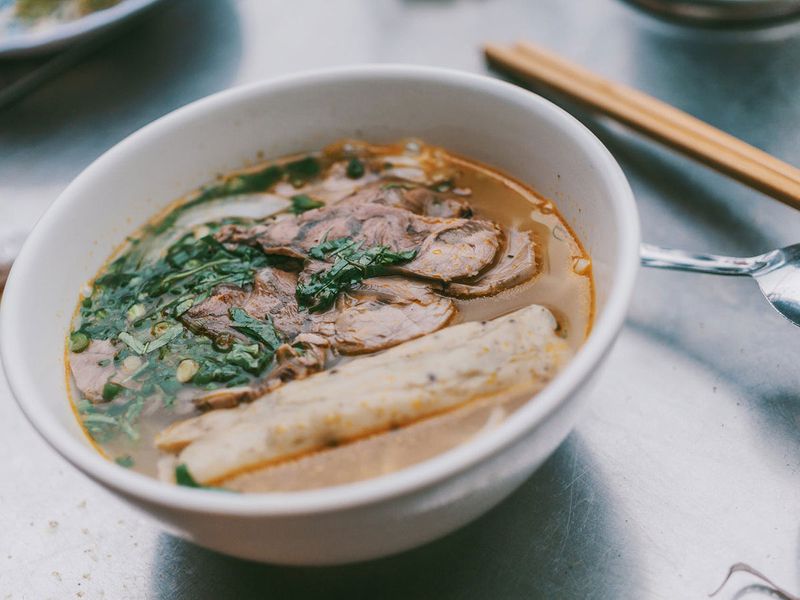
Soup is an essential starter at any iftar table. If you have the option, choose a clear soup rather than a creamy one and start your meal with a nice hot bowl. It’s a great way to boost your water intake and energy levels and will keep your body full of water.
3. Smoothies
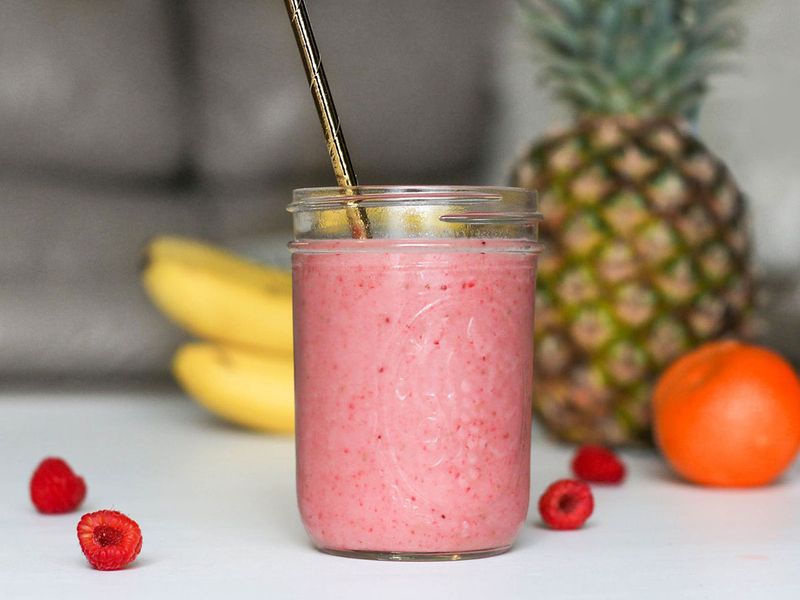
Pick some fruit with high water content such as oranges, watermelon, apples, pineapples, and peaches and make a smoothie! Instead of adding yogurt or milk, try adding water and some ice instead. It will keep you hydrated for longer and you can make a large batch and drink it during suhoor.
4. Skip fried food
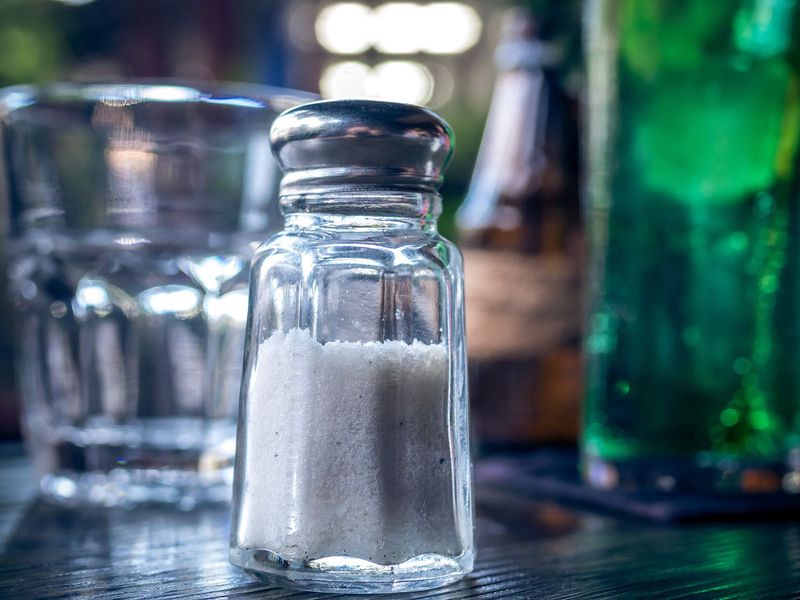
Easier said than done. A diet based around processed, salty foods can really dehydrate your body, which your body doesn’t need. Our bodies usually only need a small daily dose of salt, which we can get naturally from veggies and some fruits. So try and skip the fried food, like salty fries or that burger you had your eye on. Instead have some coconut water, apple slices or some baby carrots.
5. Lettuce
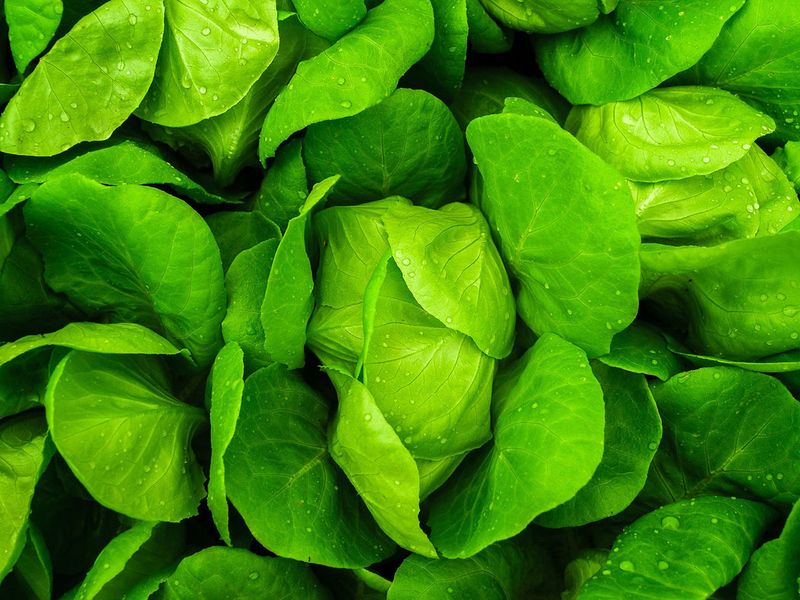
Although it is nutritionally quite ineffective, the Iceberg lettuce contains 96 per cent water, and is a great addition to any salad if you want to re-hydrate. So if you aren’t a soup person, break your fast with a tasty salad instead. Add some cucumbers and tomatoes to really boost water levels.
6. Tea
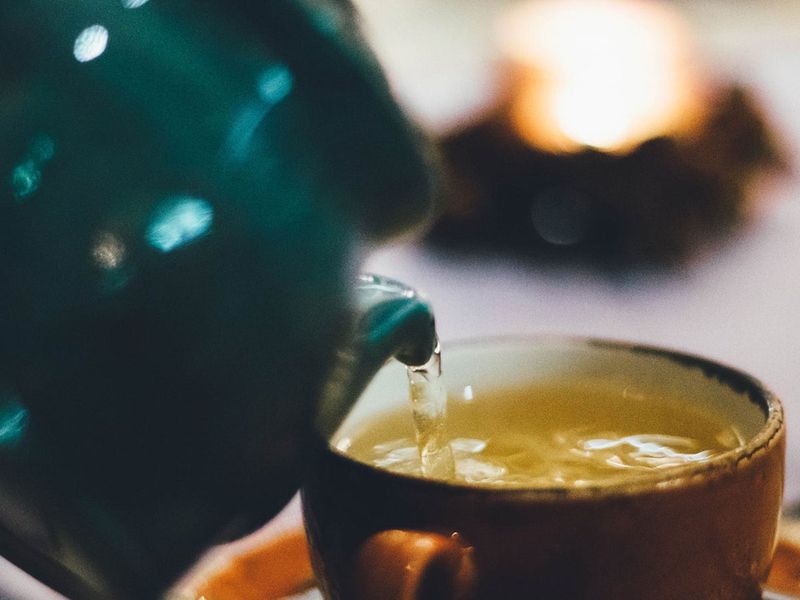
It’s a no brainer. Tea is 100 per cent water, but flavoured with herbs. Try not to add sugar, so you can enjoy the benefits. Herbal teas are best.






